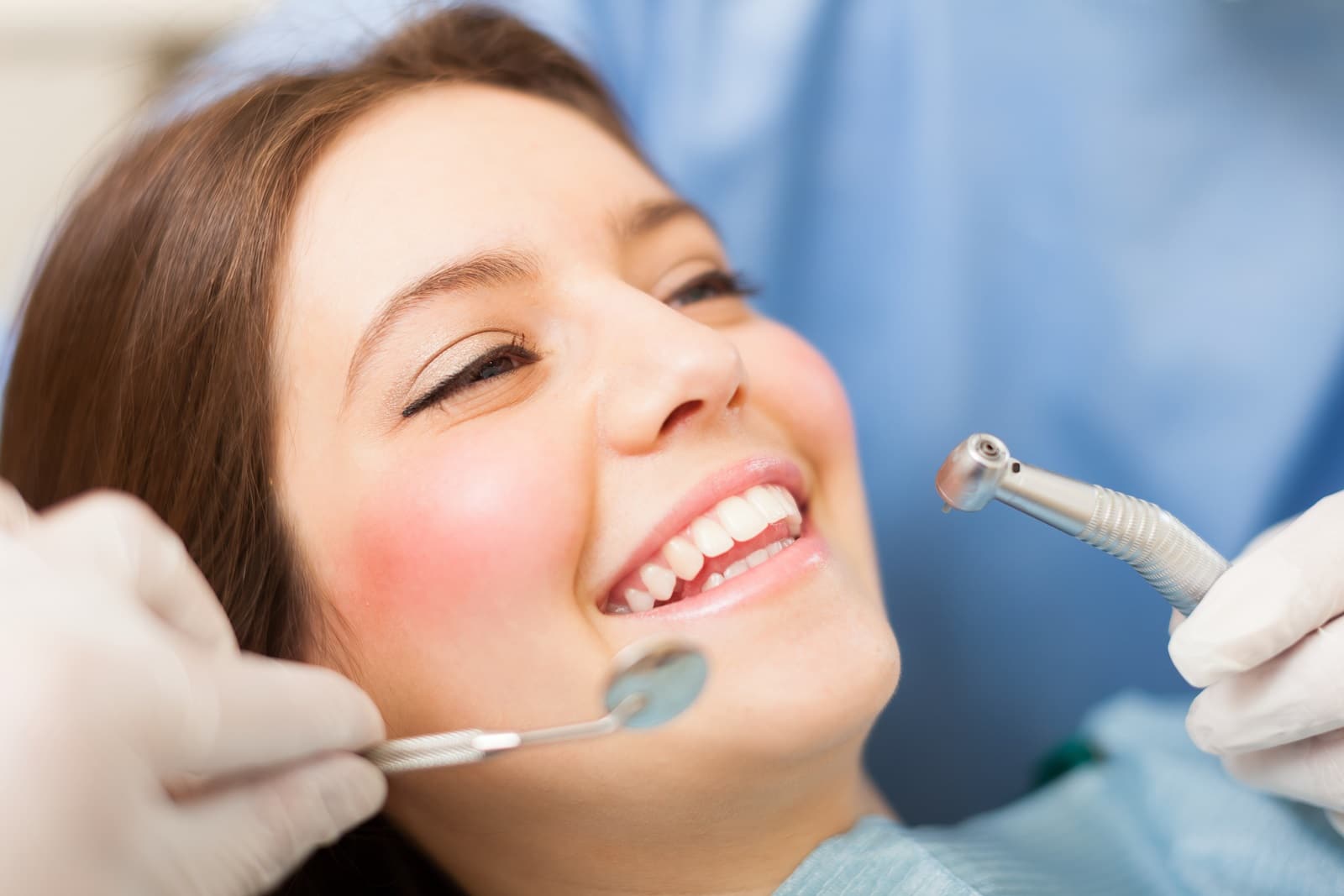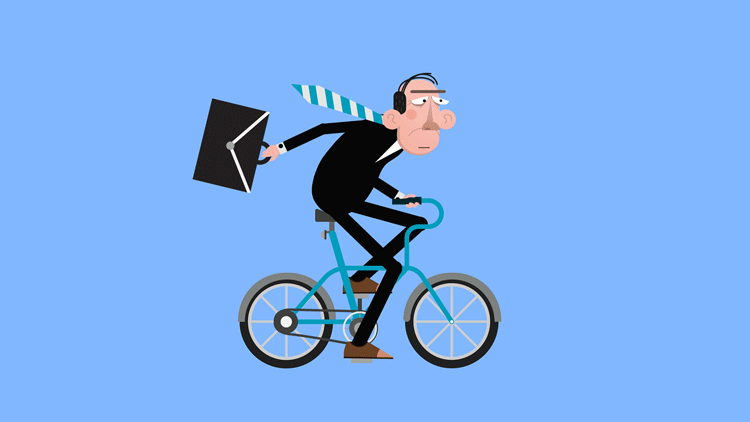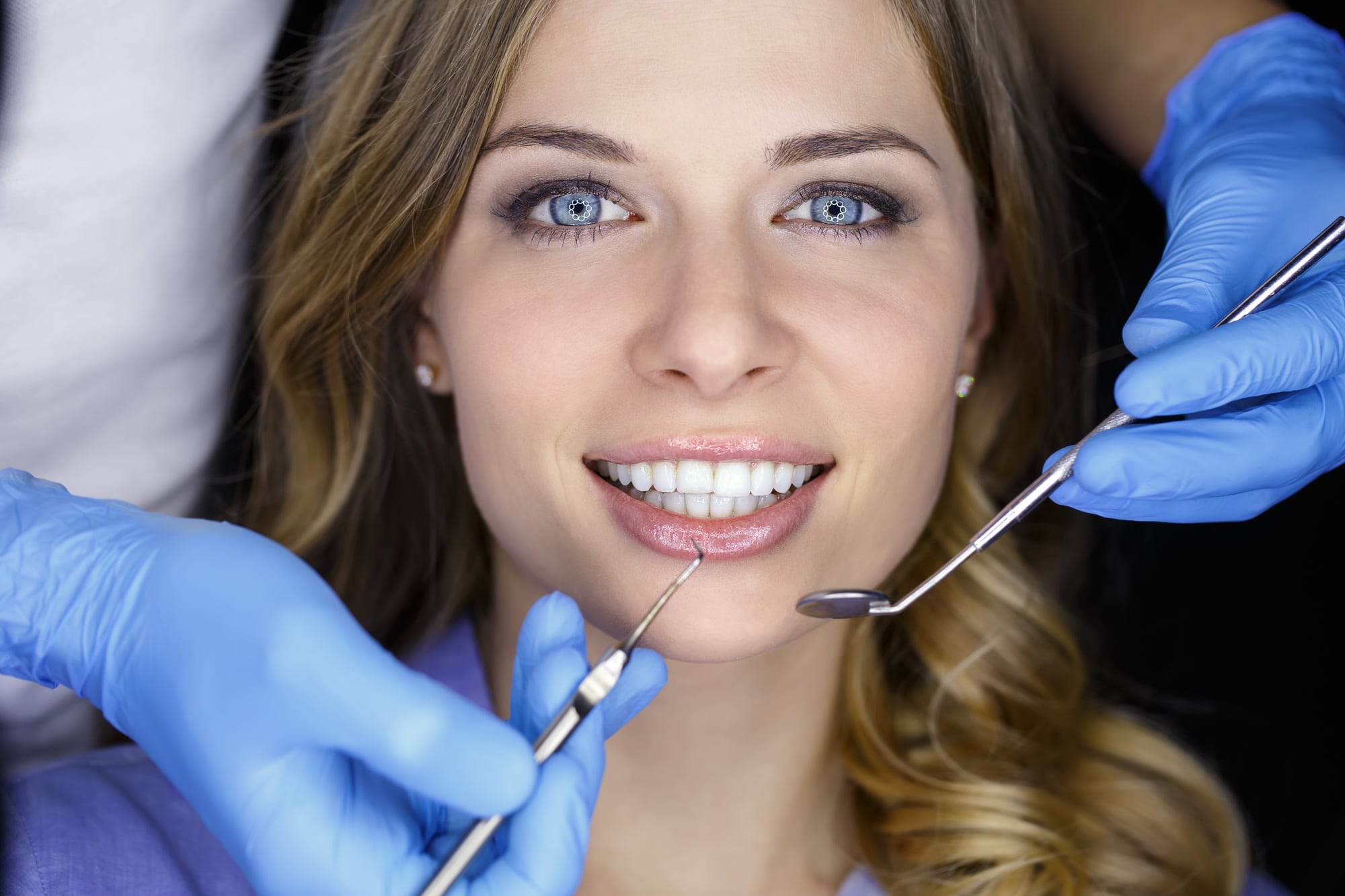Can you think of anything more strange than half of your face being numb? It definitely ranks pretty high if there were a list of strange sensations that are surprisingly common. If you just had dental work completed, you’re probably thinking, how long does novocaine last, right? It comes down to the heart of the matter. How soon can I get back to having a normal lunch or dinner? If you want the quick answer to how long does novocaine last, scroll immediately to the second section.
Well, fortunately, you made it through your dental work, Bravo! Now, this article will tell you concisely how long novocaine lasts and what to expect going forward.
However, before we begin I want to point out that most laypeople say novocaine, but that’s actually a misnomer. What you mean to say is “local anesthetic.” Most people use the term novocaine as a general term for various types of local anesthetics.
Novocaine was one of the first local anesthetics. However, novocaine is no longer used. People still say novocaine as a general term for local anesthetics. The most commonly used local anesthetic in dentistry is called lidocaine. There are other anesthetics like carbocaine, marcaine, and articaine. However, lidocaine is the most common used by dentists. So just for clarity, the real question is probably how long does lidocaine last? Nitpicky I know, but just saying.
Okay, now on with it. Let’s discuss how long does local anesthetic last, specifically how long does lidocaine last.
The Short Answer to: How long does novocaine last (lidocaine)
Local anesthetic used by dentists typically lasts 1-2 hours for the top teeth and about 2-3 hours for the bottom teeth. This is assuming an average dose is used and the most common anesthetic lidocaine is used.
The Long Answer to: How long does novocaine last (lidocaine)

Patients who have been administered a local anesthetic like lidocaine typically may feel jittery immediately after the injection. The jitters are a common reaction to anesthetic due to an ingredient called epinephrine. Some patients may also feel warm or dizzy during this phase. If it happens, the sensation of jitters usually lasts about 5 minutes and then returns to normal. Often having a light meal and staying hydrated prior to your appointment helps reduce the chance of side effects.
The numbness from lidocaine takes effect in 5 to 10 minutes after being injected.
The numbing sensation is designed to last the entire length of treatment but may need to be boosted a second time for longer visits. The goal is to make sure the patient is completely comfortable during the entire procedure and to prevent any soreness that occurs soon after.
Most people will typically be number for 1 to 3 hours after they leave their dental appointment.
There are shorter-acting anesthetics that a dentist can use if you need it to wear off faster for something planned after your dental visit.
One option for shorter-acting local anesthetics is called carbocaine. Carbocaine typically wears off in 30-45 minutes regardless of the top or bottom jaw.
For procedures that cause pain or swelling after like extraction of wisdom teeth, the dentist may elect to use a longer-acting anesthetic.
The longer-acting anesthetic helps to manage pain for several hours after the procedure until the patient is able to begin taking oral pain medication. An example of a long-acting anesthetic is called marcaine. Marcaine can produce numbness for as long as 8 hours after a dental procedure.
Local anesthetics have a short numbing duration by themselves. Often they are combined with epinephrine, which is a type of adrenaline, to make the numbing effects last longer. The epinephrine reduces blood flow to the area which is the primary reason it increases the duration of the anesthetic.
Are There Ways to Make the Numbness Wear Off Faster?

Depending on your point of view, numbness can either be extremely annoying if you’re having lunch or your best friend if your healing after dental surgery. Let’s discuss some tips to help speed along the process and help lidocaine not last so long.
- Try some light activity. Numbness from novocaine and local anesthetics returns to normal as it breaks down in the bloodstream and liver. One way to speed along the process is to increase blood flow by light exercise. Go for a walk, play a sport, or take a bike ride. All these activities will increase blood flow to the area and help reverse the local anesthetic sensation.
- Apply Heat. Heat increases blood flow to a body part which helps to break down the local anesthetic. Warm up a small bowl of wate in the microwave and create a warm compress by lightly soaking a face cloth in it. Apply the compress to the side of the face where you are numb. Just be sure to check the temperature of the water with your finger before you apply it to your face, after all you won’t be able to feel if it is too hot until it’s too late.
- Massage. Gently massaging the cheek or area where you feel numb with clean hand is another trick to help reduce the numbness from novocaine or lidocaine. However, if you had dental surgery or have swelling, check with your dentist before you massage the area.
What to Do If Prolonged Numbness from Novocaine Occurs?
The effects of anesthesia will wear off with increased blood flow and as time passes. It’s important to note that if you have had a procedure that creates swelling like extraction or dental implant, often the swelling may create a numbness type sensation temporarily.
If after 12 hours, your mouth is still numb, contact your dentist to check if they would like to see you for a followup to reevaluate the area.


